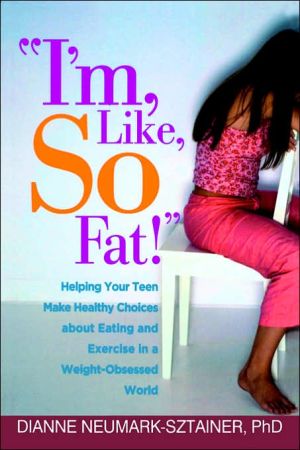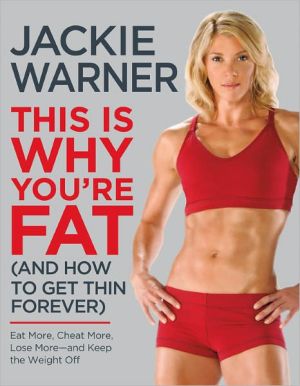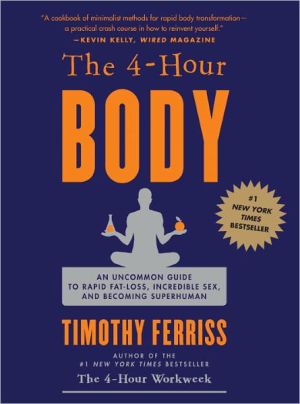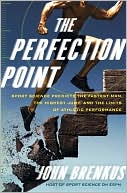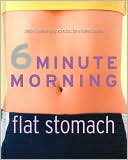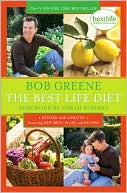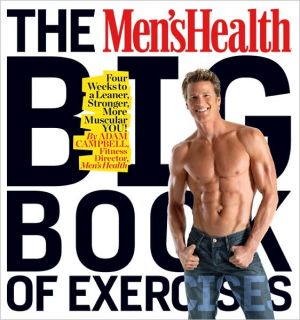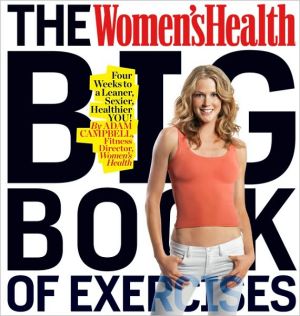I'm, Like, So Fat!: Helping Your Teen Make Healthy Choices about Eating and Exercise in a Weight-Obsessed World
Hit the gym for a workout--but sit for hours at your computer. Supersize your value meals--but downsize your waistline. Today's media-saturated teenagers are bombarded with mixed messages that distort their self-image and lead many to overeat and others to starve themselves. When I feel fat" becomes a teen's common refrain, how can worried parents respond constructively? With I'm, Like, SO Fat Dr. Dianne Neumark-Sztainer shows parents how to strike the difficult balance between bolstering...
Search in google:
It’s hard to decide which is more frightening--the “food” teenagers enjoy, or the things they say about their bodies. Whether it’s your son’s passion for chips and soda or your daughter’s announcement that she “feels fat,” kids’ attitude about how they look and what they should eat often seem devoid of common sense. In a world where television and school cafeterias push super-sized sandwiches while magazines feature pencil-thin models, many teens feel pressured to starve themselves and others eat way too much. Blending her experience as the mother of four with results from a survey of nearly 5,000 teens, Dr. Diane Neumark-Sztainer shows you how to respond constructively to “fat talk,” counteract negative media messages, and give your kids the straight story about nutrition and calories, the dangers of dieting, and eating right when they’re away from home. Full of examples illustrating the challenges teens face today, this upbeat and insightful book is packed with great ideas that will help kids everywhere feel better about their looks and make healthier choices about eating and exercise. Library Journal Health It is indeed a weight-obsessed world when even Cookie Monster comes under fire for his eating habits. In this thorough and sensible book, Neumark-Sztainer (epidemiology, Univ. of Minnesota) shows parents how to help their teens make wise food choices-now and in the future. With the blunt advice that one should never "go on a diet," the author stresses lifestyle changes, not quick fixes. Parents can be positive role models by providing healthy breakfasts and dinners, reducing kids' time watching TV images of thin people, and helping kids make wise choices of food on the go. Teens need to know (and they don't) what a portion is, what a calorie is, and why these are important. The approach here is practical and not authoritarian; the author knows it's difficult to ask teens to give up fries and large sodas; she knows families eat out, but it doesn't need to be a high-fat, high-calorie experience. There's nothing here about the new food pyramid, and low-carb diets that label whole food groups as bad are not seen as helpful. James Lock and Daniel La Grange's Help Your Teenager Beat an Eating Disorder focuses more on disorders; this book stresses health. Excellent for public libraries.-Linda Beck, Indian Valley P.L., Telford, PA Copyright 2005 Reed Business Information.
I. What Are We Up Against...and How Did We Get Here, Anyway?1. If It's Not One Thing, It's Another: Dealing with a Spectrum of Weight-Related Problems2. Our Susceptible Teens: What We Know about Causes and Contributing FactorsII. How Can We Protect Our Teens When Society Pushes Fat but Promotes Thin?3. Parents Matter (a Lot)4. Friends, Fashions, and Fads5. Physical Activity: A Big Part of the Answer...in Moderation6. The Great Diet Debate7. The Four Cornerstones of Healthy Weight and Body ImageIII. What and How Much Should Teenagers Eat?8. "I Know How to Diet...I Just Don't Know How to Eat": What Teens Need to Know about Nutrition9. Portion Control and Calorie Counting: Teaching Teens to Pay Attention without Obsessing10. Vegetarianism: Doing It Right-for Your Teen and Your FamilyIV. How Can We Make a Difference at Home...and Away?11. Family Meals in a Fast-Food World12. Eating Out: When Cooking Just Isn't Going to Happen13. Fluent in the F Words: Talking with Teens about Food, Fat, and Other Touchy TopicsV. What Can We Do When Problems Come Up?14. Helping an Overweight Teen Be Healthy and Happy15. How to Spot the Signs of an Eating Disorder and What You Can Do to Help*Resources for Parents and Teens
\ Library JournalHealth It is indeed a weight-obsessed world when even Cookie Monster comes under fire for his eating habits. In this thorough and sensible book, Neumark-Sztainer (epidemiology, Univ. of Minnesota) shows parents how to help their teens make wise food choices-now and in the future. With the blunt advice that one should never "go on a diet," the author stresses lifestyle changes, not quick fixes. Parents can be positive role models by providing healthy breakfasts and dinners, reducing kids' time watching TV images of thin people, and helping kids make wise choices of food on the go. Teens need to know (and they don't) what a portion is, what a calorie is, and why these are important. The approach here is practical and not authoritarian; the author knows it's difficult to ask teens to give up fries and large sodas; she knows families eat out, but it doesn't need to be a high-fat, high-calorie experience. There's nothing here about the new food pyramid, and low-carb diets that label whole food groups as bad are not seen as helpful. James Lock and Daniel La Grange's Help Your Teenager Beat an Eating Disorder focuses more on disorders; this book stresses health. Excellent for public libraries.-Linda Beck, Indian Valley P.L., Telford, PA Copyright 2005 Reed Business Information.\ \
